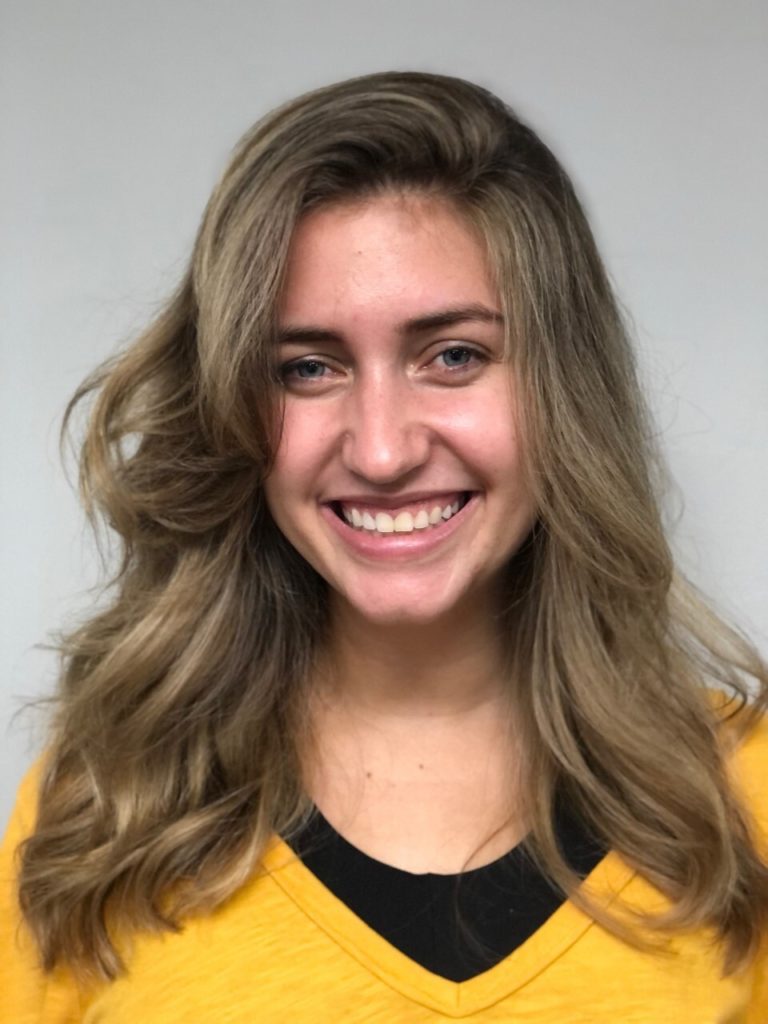From not finding regular produce at stores to annual financial reports by big corporations about how much carbon credits they bought, we have become more serious about how to improve our actions to help the environment. This week, The Stute had the opportunity to interview Stevens alumna, Abigail Meola ‘20, who is currently working as an Associate at Columbia University as a researcher and teaching assistant. Through her unique experiences at Stevens and Columbia’s Climate School, Meola shares her optimism about how even as Stevens graduates we can take those small steps to combat climate change.

Meola received her undergraduate degree in Science, Communications, and Biology from Stevens in 2020. She transferred to Stevens in her sophomore year and has been part of various student organizations on campus; she was previously President of the Transfer Student Association and wrote multiple science pieces for The Stute. Meola enjoyed the sciences, and moreover “really liked the human aspect of science.” She believed communications would really widen her appreciation of the subject.
She owes her current pursuits at Columbia and passion for the environment to her senior thesis at Stevens. The two-year long research project focused on climate communication, looking at alternate communication methods—such as art—to communicate about climate issues. Through her Master’s degree in Climate and Society from the Columbia Climate School this past fall, Meola became more “passionate about science again,” and is now focused on “quantitative science research and teaching classes.”
The Columbia Climate School is relatively new; established in July 2020, the school “connects, amplifies, and advances new areas of climate inquiry, research, and impact across Columbia University.” The key goal for the school and program is to focus on “social, environmental, and climate justice.” While this is not fully realized yet, Meola finds the interdisciplinary climate science program a “valiant effort to bring social justice to the forefront of climate change.”
She appreciates and values how the school rewards this form of thinking. “You have this beautiful picture when you are done with ‘Where do I fit in this?’” Especially for the many students who graduate from university every year in the U.S., it’s very easy for them to feel encouraged to fit in a box—engineers should only build things, computer science students should just code. But with the climate crisis, thinking about the various factors in our actions enables us to develop more holistic solutions to tackle climate change.
“You can think of resolving [climate change] as a huge overwhelming challenge or an opportunity.”
Abigail Meola ‘20
Meola enjoys her studies in climate research because it is “constantly evolving.” Sometimes it becomes stressful to work; the weight of climate change becomes a “big, scary challenge,” and she has to remind herself that the problem can sometimes “be too big for her to swallow.” However, what keeps her excited every day is approaching climate change through “solutions-oriented” vision. Meola believes that “you can think of resolving [climate change] as a huge overwhelming challenge or an opportunity.”
Her solutions-oriented approach feeds into her current research involved in climate services to find proactive solutions to not only resolve climate change, but also climate variability. It’s hard to overlook that even though we have man-made problems contributing to climate change, there are also natural, and permanent, changes to the climate system. When the globe experiences an El Niño or La Niña, it causes massive shifts in how regions around the world deal with climate—and this is a big problem with or without climate change.
Meola’s current research is involved in climate services and is interested in looking at climate information for a small-scale decision process. This past summer, she worked with the Kenya Red Cross to develop a warning system in Lake Victoria, Africa. Lake Victoria houses various social, economic, and biological ecosystems, and utilizes data on decades-old patterns of flooding. Through her various projects, Meola is interested in the question: “how do we prepare better year-to-year, so that in the next ten years when we see heavy impact of climate change, we are already prepared to do that work?”
Meola wanted to let the Stevens community know that “our skills from Stevens are extremely useful,” and we should not discount that “we have the ability to do practical things in the world” — especially when it comes to resolving climate change. Many Stevens graduates end up in many well-established roles, but it never hurts to “hold on to some of the bright eyed optimism in college when we go into these sectors. This could be game-changing.”
Be First to Comment